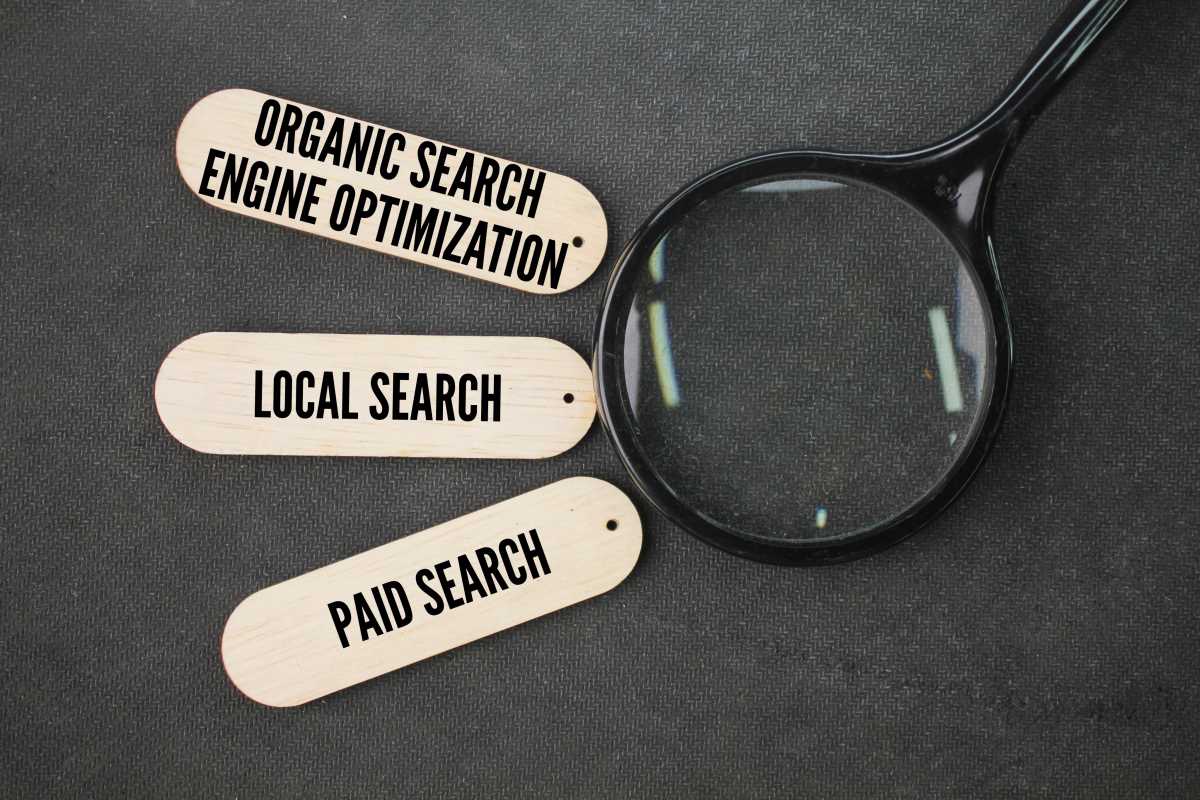Imagine you own a small coffee shop. You’ve built a fantastic website showcasing your unique brews and cozy atmosphere. You've worked hard on your SEO, and now you’re ranking for the keyword "best coffee." That sounds great, right? The problem is, you’re getting website visits from people in Seattle, New York, and London, but your shop is in Austin, Texas. These visitors aren't going to become customers. This is where the power of localization comes into play. By simply shifting your focus to "best coffee in Austin," you connect directly with people who can actually walk through your door. Localized keywords are search terms that include a specific geographic location. They are the key to transforming a broad, global audience into a targeted, local one. For any business with a physical presence or a defined service area, mastering localized keywords isn't just a smart SEO tactic—it's essential for survival and growth.
The Advantages of Thinking Local
Focusing on localized keywords might feel like you're narrowing your audience, but it's a classic case of quality over quantity. Instead of shouting into the void of the internet, you're speaking directly to the people most likely to become your customers. This targeted approach comes with several powerful advantages.
Attract Highly Qualified Traffic
When someone searches for "plumbers in Chicago" or "best tacos near me," their intent is crystal clear. They have an immediate need and are actively looking for a local solution. By ranking for these terms, you attract visitors who are not just browsing; they are ready to take action. This highly qualified traffic is far more valuable than clicks from users who are thousands of miles away. These are potential customers who are already in the decision-making phase, making them much easier to convert.
Compete More Effectively
Trying to rank for broad, highly competitive keywords like "web design" or "fitness coach" is an uphill battle against large, established national and international brands. These companies have huge marketing budgets and have dominated these search terms for years. However, when you localize your keywords to "web design in Raleigh" or "fitness coach in South Miami," the competition shrinks dramatically. You are no longer competing with the entire world but with a smaller, more manageable group of local businesses. This gives small and medium-sized businesses a realistic chance to rank on the first page of Google for terms that matter to their bottom line.
Build Local Authority and Trust
When your business consistently appears in local search results, it builds a sense of familiarity and trust within the community. Users begin to see you as a staple of the local market. This is reinforced through local SEO signals like Google Business Profile listings, which show your location on a map, your hours, and reviews from other local customers. Ranking for local terms signals to both users and search engines that you are a relevant and authoritative presence in your specific geographic area, making people more confident in choosing your services.
How to Find and Use Localized Keywords
Finding the right localized keywords is a mix of common sense and using a few simple tools. The goal is to get inside the head of a local customer and think about how they would search for a business like yours.
Brainstorm Your Core Terms
Start by listing your main services or products. If you're a dentist, your core terms would be "dentist," "teeth cleaning," "cosmetic dentistry," and "emergency dentist." If you run a bakery, they might be "custom cakes," "sourdough bread," and "cupcakes." These are the foundational blocks of your keyword strategy.
Add Location Modifiers
Now, combine your core terms with location modifiers. This is the heart of localization. Think about all the ways a person might describe your area.
- City: "dentist in Boston"
- Neighborhood: "cosmetic dentistry in Back Bay"
- ZIP Code: "teeth cleaning 02116"
- Informal Area Names: "bakery near Fenway Park"
- "Near Me" Searches: While you don't add "near me" to your website content, optimizing for it means ensuring your location information is clear so Google can serve your business for these popular searches.
Use Keyword Research Tools
Once you have a list of ideas, you can use keyword research tools to validate them and find new ones.
- Google's Autocomplete: Start typing your local keywords into the Google search bar and see what suggestions appear. These are real searches that people are performing.
- "People Also Ask" Section: This box in the Google search results shows related questions that users are asking. It’s a goldmine for understanding customer pain points and finding long-tail local keywords.
- Free Keyword Tools: Tools like Ubersuggest or Google Keyword Planner can give you an idea of the search volume for your localized keywords and suggest related terms you might not have thought of.
Integrating Local Keywords into Your SEO Strategy
Finding the keywords is just the first step. To actually rank for them, you need to strategically integrate them across your website and online presence.
Optimize Your Website Content
Your website is the primary place to use your localized keywords.
- Homepage: Your homepage title tag and main headings should include your primary service and location (e.g., "Maplewood Bakery | Custom Cakes in St. Louis").
- Service Pages: If you offer multiple services, create a separate page for each one. Optimize each page for a service-specific local keyword (e.g., "Wedding Cake Design in St. Louis").
- Contact & About Pages: Naturally include your city, neighborhood, and address on these pages.
- Blog Posts: Write blog content that addresses local questions or topics. A roofer in Florida could write a post titled "How to Prepare Your Roof for Hurricane Season in Miami."
Supercharge Your Google Business Profile
Your Google Business Profile (formerly Google My Business) is arguably the most important tool for local SEO. It's the information box that appears on the right side of search results and in Google Maps.
- Claim and Verify Your Listing: Make sure you have full control over your profile.
- Fill Out Every Section: Add your address, phone number, website, hours, and a detailed description of your business.
- Choose the Right Categories: Select primary and secondary categories that accurately describe your business.
- Encourage Reviews: Actively ask your happy customers to leave reviews. Positive reviews are a powerful local ranking signal.
Build Local Citations
A citation is any online mention of your business's name, address, and phone number (NAP). Consistent citations across various online directories build your local authority. Make sure your NAP information is identical on platforms like:
- Yelp
- Angie's List
- Industry-specific directories
- Your local Chamber of Commerce website
Consistency is key. Even a small difference, like using "St." instead of "Street," can confuse search engines.
 (Image via
(Image via





